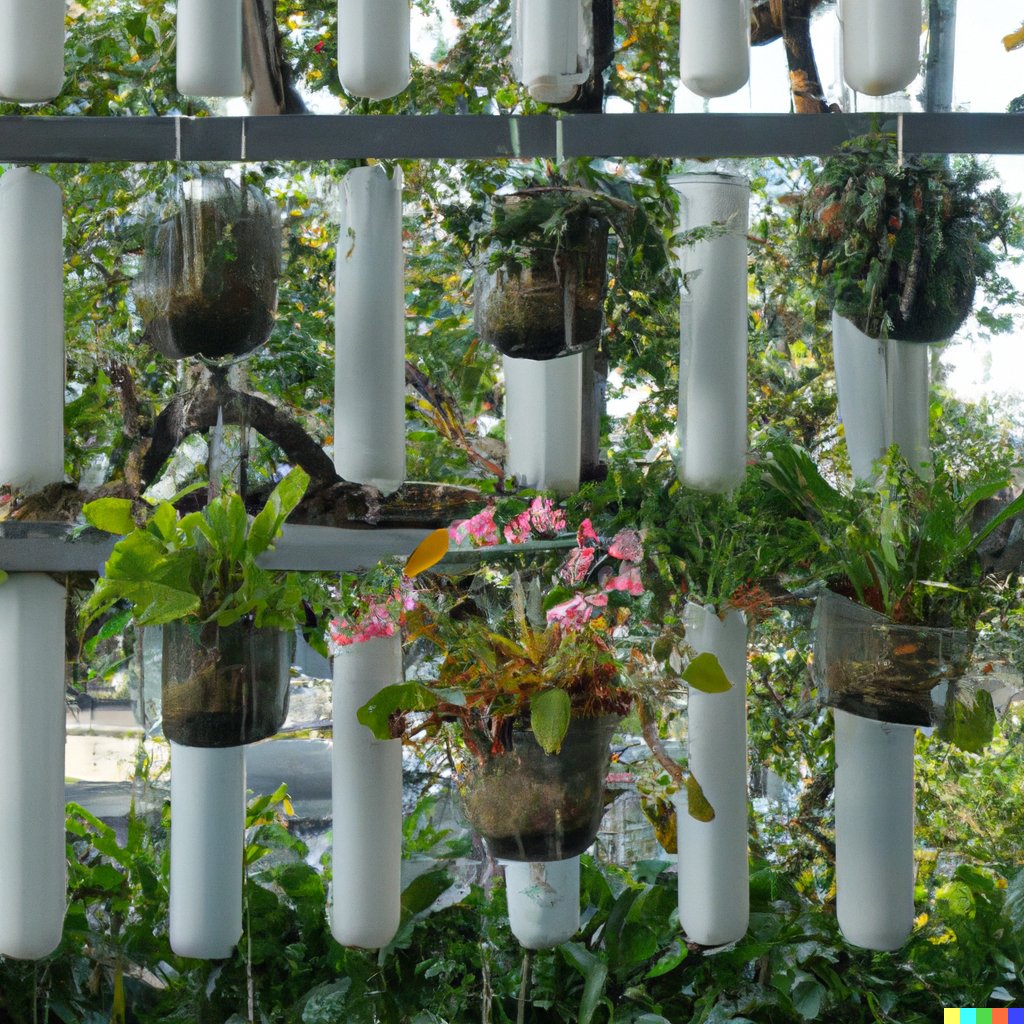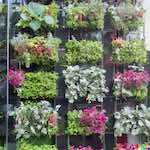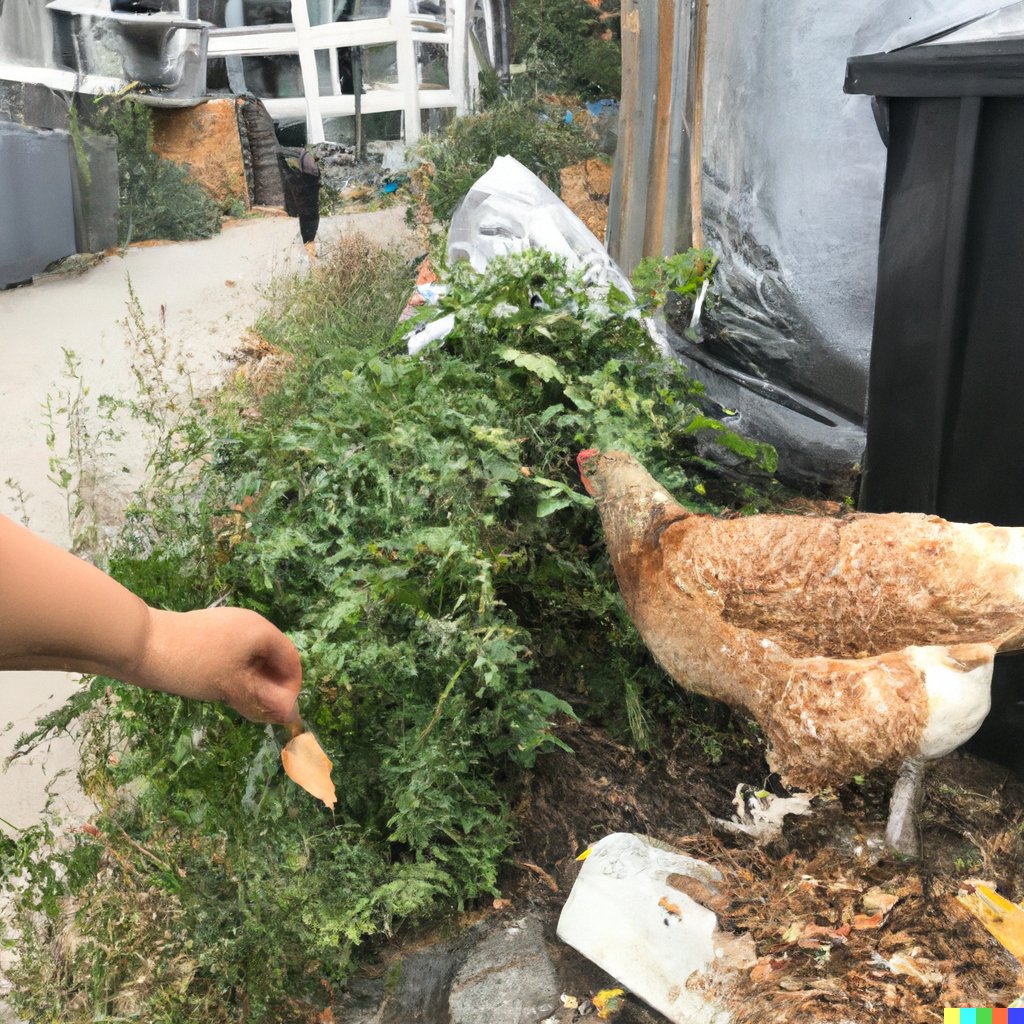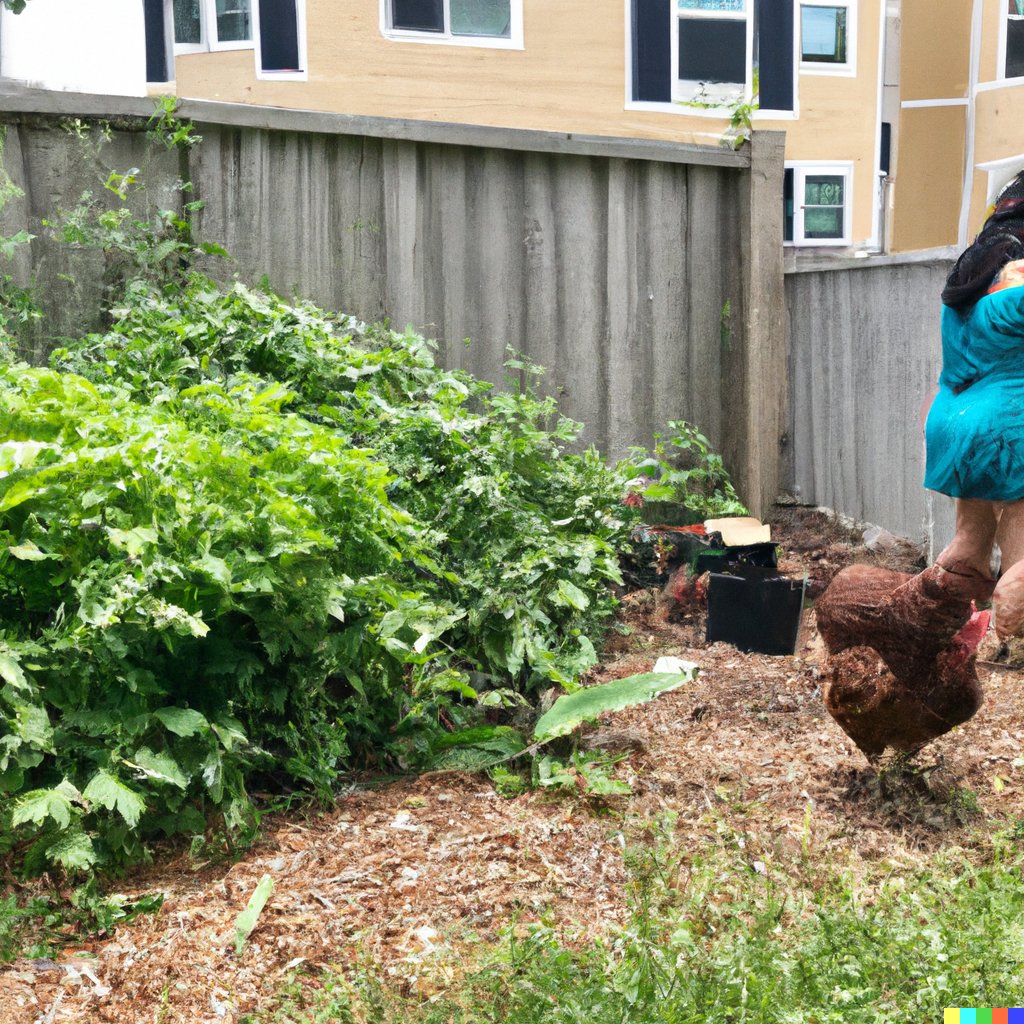
Starting a balcony garden is a wonderful way to bring nature closer and grow your own fresh produce, herbs, or beautiful flowers, even in limited spaces. Here are some of the best ways to begin your balcony gardening journey:
1. Assess Your Balcony:
Begin by assessing your balcony's size, orientation, and sunlight exposure. Understanding these factors will help you choose the right plants and containers for your space.
2. Choose Suitable Plants:
Select plants that thrive in your specific balcony conditions. Consider the amount of sunlight your balcony receives throughout the day and choose plants that match those requirements.
3. Select the Right Containers:
Opt for containers that are suitable for balcony gardening, such as pots, hanging baskets, or railing planters. Ensure they have drainage holes to prevent waterlogged soil.
4. Use High-Quality Potting Mix:
Invest in a good-quality potting mix that provides adequate nutrients and drainage for your plants. Avoid using garden soil, as it can be too heavy for containers.
5. Start with Easy-to-Grow Plants:
If you're new to gardening, begin with easy-to-grow plants like herbs (e.g., basil, mint, rosemary), salad greens (e.g., lettuce, spinach), or compact vegetables (e.g., cherry tomatoes, peppers).
6. Consider Vertical Gardening:
Make the most of your limited space by incorporating vertical gardening techniques. Use trellises or vertical planters to grow climbing plants and save floor space.
7. Watering and Drainage:
Ensure proper watering and drainage for your plants. Check the moisture level regularly and water when the top inch of the soil feels dry. Avoid overwatering, as it can lead to root rot.
8. Fertilize as Needed:
Depending on the type of plants you choose, consider fertilizing them with a balanced, slow-release fertilizer to promote healthy growth.
9. Pests and Diseases:
Keep an eye out for pests and diseases. Regularly inspect your plants and take appropriate measures if you notice any issues. Organic pest control methods are preferable for edible plants.
10. Maintenance and Care:
Balcony gardens require regular care and maintenance. Prune and deadhead plants as needed, remove faded flowers, and keep the area clean and tidy.
11. Enjoy the Process:
Gardening can be a therapeutic and enjoyable activity. Take the time to appreciate the beauty and growth of your balcony garden, and relish the rewards of homegrown produce.
12. Learn and Experiment:
Don't be afraid to learn from your gardening experiences and experiment with different plants and arrangements. Every growing season presents new opportunities to improve and expand your balcony garden.
Frequently Asked Questions (FAQ) - Balcony Gardening
1. Can I start a balcony garden if I have limited space?
Yes, balcony gardening is ideal for small spaces. You can use vertical gardening techniques and choose compact plants to make the most of your balcony's area.
2. What are the best plants for a beginner's balcony garden?
Easy-to-grow plants like herbs (e.g., basil, mint), salad greens (e.g., lettuce, arugula), and flowers (e.g., marigolds, petunias) are great choices for beginners.
3. How much sunlight does my balcony need for gardening?
Most vegetables and herbs require at least 6 hours of sunlight daily, while some flowering plants can thrive with 4-6 hours. Consider your balcony's orientation to determine its sunlight exposure.
4. What type of containers are suitable for balcony gardening?
Pots, hanging baskets, railing planters, and window boxes are all suitable containers for balcony gardening. Ensure they have proper drainage holes.
5. Do I need to fertilize my balcony plants?
Yes, using a balanced, slow-release fertilizer can provide essential nutrients to your plants. Follow the recommended application guidelines for each plant type.
6. How often should I water my balcony plants?
The watering frequency depends on factors like plant type, container size, and weather conditions. As a general rule, water when the top inch of soil feels dry.
7. Can I grow vegetables in a balcony garden?
Yes, many vegetables can be grown in a balcony garden, including cherry tomatoes, peppers, lettuce, and dwarf varieties of beans and cucumbers.
8. How do I deal with pests in my balcony garden?
Inspect your plants regularly for pests. Use organic pest control methods like neem oil or soap spray to keep pests at bay.
9. Can I grow flowers and herbs together in the same container?
Yes, you can create beautiful and functional container gardens by combining flowers and herbs. Just ensure they have similar sunlight and water requirements.
10. How do I protect my balcony garden from extreme weather conditions?
During hot summers, provide shade and water your plants adequately. In colder months, move sensitive plants indoors or use protective covers.
11. Can I grow plants from seeds in a balcony garden?
Absolutely! Starting plants from seeds can be rewarding. Just follow the seed packet instructions and provide proper care for germination.
12. Is balcony gardening suitable for apartments and high-rise buildings?
Yes, balcony gardening is perfect for apartments and high-rise buildings with balconies. It allows residents to enjoy gardening in limited spaces.
13. Can I compost kitchen scraps in a small balcony garden?
Yes, you can use small-scale composting methods like vermicomposting or Bokashi composting to recycle kitchen scraps for balcony plants.
14. How do I create a colorful and attractive balcony garden?
Choose plants with vibrant flowers and foliage, and mix different plant heights and textures to create a visually appealing and dynamic garden.
15. Can I grow fruit trees in a balcony garden?
Dwarf fruit tree varieties are suitable for container gardening and can be grown in larger pots on a sunny balcony.
In conclusion, balcony gardening offers a rewarding and accessible way to connect with nature and enjoy fresh produce and beautiful blooms right at home. With some planning and care, anyone can create a thriving and enjoyable green space on their balcony.
Starting a balcony garden is a rewarding endeavor that allows you to connect with nature and grow your own green oasis. With careful planning and attention to your plants' needs, you can create a thriving and beautiful space right on your balcony.














